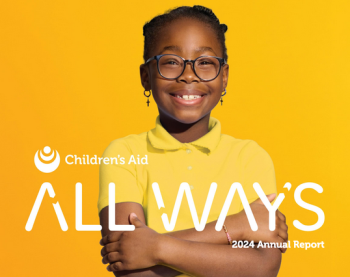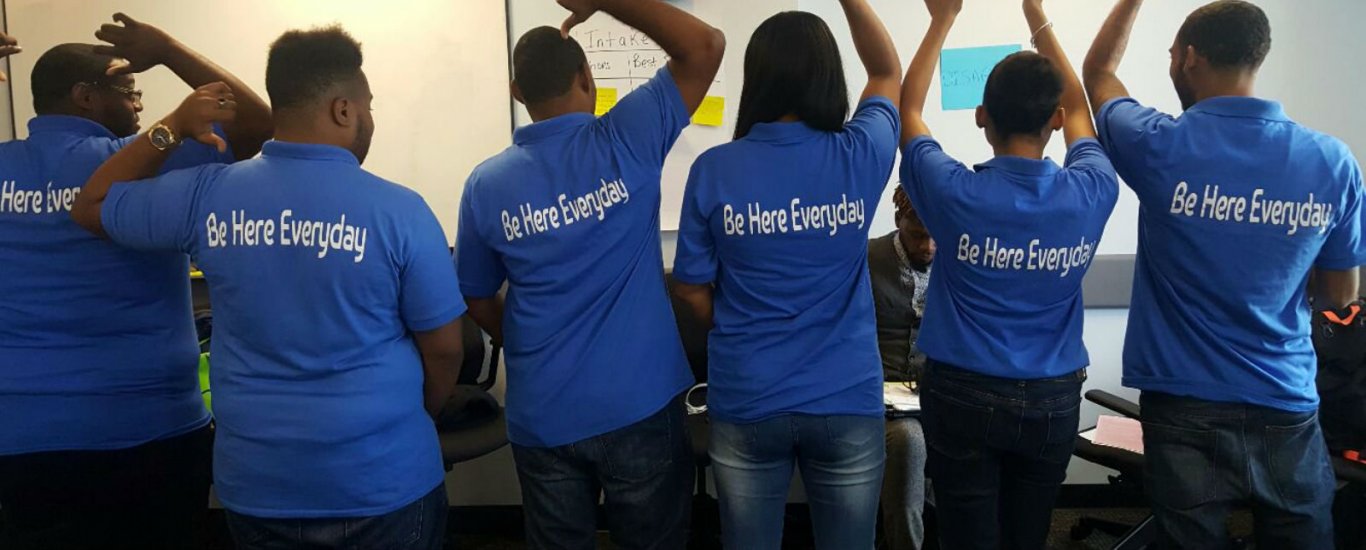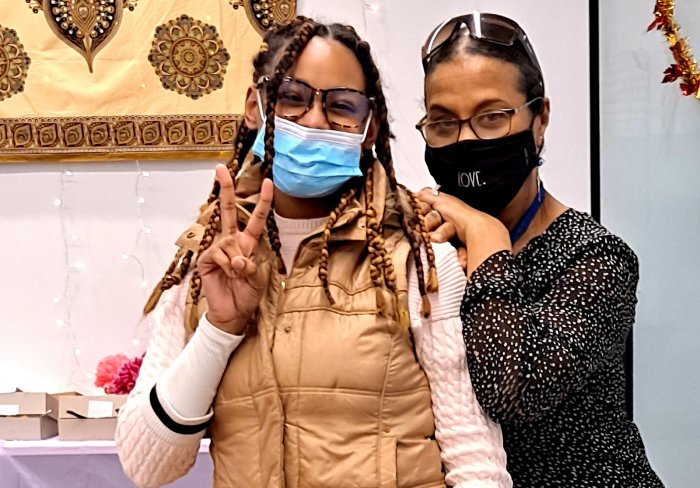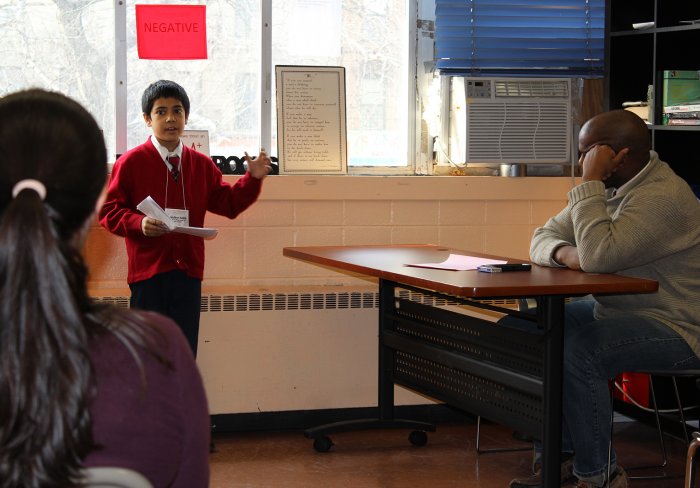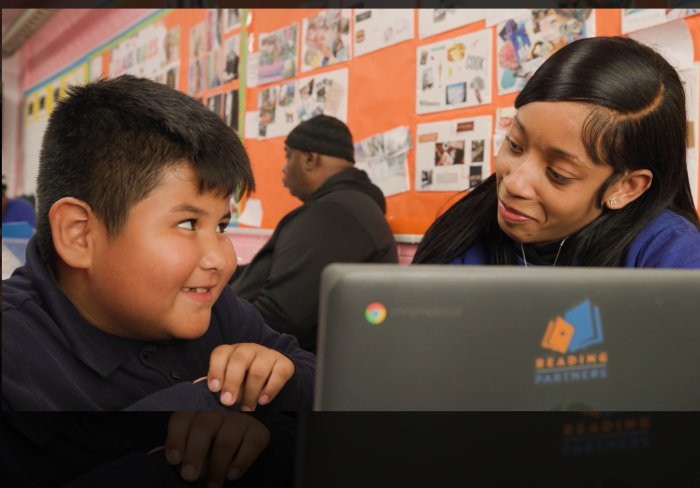January marks National Mentoring Month and Children’s Aid is committed to providing children and youth with dedicated mentors every step of the way.
Success Mentors provide an array of advantages for our students so we deploy them throughout our community schools in the Bronx and Washington Heights. These mentors focus on battling chronic absenteeism but according to Jorge Blau, the community school director of C.S. 211, they play a number of roles.
“On a daily basis, they are many things to many people,” he said. “For teachers they are support, for kids they are that cheerleader or somebody that can de-escalate [a situation] or connect them or their family with a resource.”
Research shows that students who meet with a mentor on a regular basis are 52 percent less likely than their peers to skip a day of school and 55 percent more likely to enroll in college. They are also 81 percent more likely to participate regularly in sports or extracurricular activities than those who do not have a mentor.
Leopoldina Giron, a Success Mentor at C.S. 211 in the Bronx, works with fifth graders to ensure they receive all the resources they need to thrive. Giron makes frequent contact with parents, calling them when their children are absent as well as when they have perfect attendance.
“Everything is based on attendance but if a family needs more resources – if they need busing for school, we call to set up a schedule,” she said. “We have a food pantry if they need food.”
One of the most important aspects of the Success Mentor’s role is creating a relationship with parents.
“The parents don’t always have good communication with the teachers,” Giron said. “Our job is to connect them together and help the family as a whole.”
Staff also use a range of incentives to keep students coming back to school. According to Giron, they hand out gift cards and take trips to the movies and Dave & Buster’s to reward students who have good attendance.
The mentors work on students’ communication skills, breaking out into small groups so they can learn how to interact with their classmates. Lunch clubs like video game club and baking club allow students to bond over similar interests.
The mix of social-emotional learning, reliance on attendance data, and resource coordination has helped C.S. 211 exceed expectations, according to Blau.
“When I first took over we had about 242 students that were chronically absent,” he said. “In five years we’ve been able to get that down to 67 students. We went from 42 percent of students being chronically absent to 11 percent last year.”
